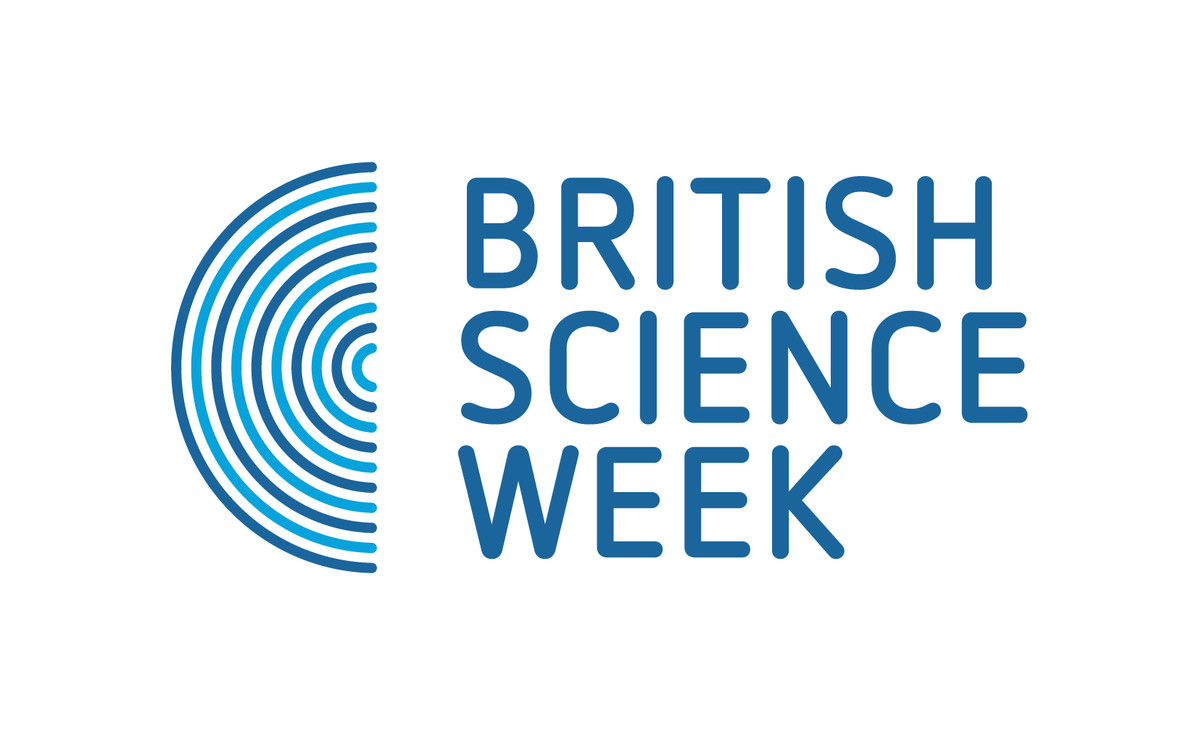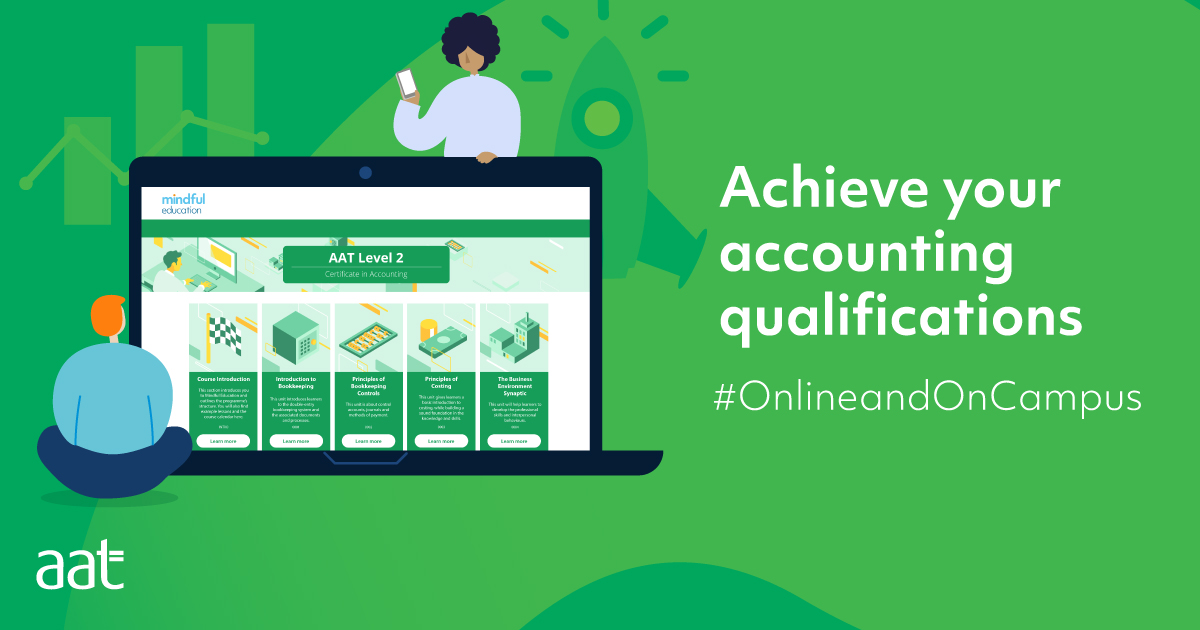The Vital Role of Personal Development and Soft Skills when building your Career.
In today’s competitive world, the quest for professional success often becomes the primary focus for many young people. However, amidst the hustle and bustle of career advancement, it’s easy to overlook a crucial aspect that can significantly impact both personal growth and career trajectory – personal development and the cultivation of soft skills.
In this article, we delve into why prioritising personal development, especially the honing of soft skills, is vital to unlocking your full potential in both your personal and professional life.
Understanding Personal Development
Personal development is a lifelong journey of self-improvement, encompassing various aspects such as enhancing self-awareness, setting goals, acquiring new knowledge, and developing skills. It goes beyond just acquiring technical expertise or job-specific competencies; it involves nurturing a holistic approach to self-growth that empowers individuals to thrive in all areas of life.
The Power of Soft Skills
Soft skills, often referred to as interpersonal or people skills, are the personal attributes that enable effective communication, collaboration, and interaction with others. Unlike hard skills, which are typically job-specific and technical in nature, soft skills are transferrable across different roles, industries, and contexts. They include communication skills, emotional intelligence, adaptability, leadership, teamwork, problem-solving, and time management, among others.
Essential Skills when Building your Career.
Enhanced Communication: Effective communication is a cornerstone of success in any profession. Whether it’s articulating ideas, negotiating with clients, or leading a team, effective communication skills are indispensable for career advancement.
Building Relationships: The ability to build and nurture relationships is crucial in today’s interconnected world. Soft skills like empathy, active listening, and conflict resolution foster positive relationships with colleagues, clients, and stakeholders, opening doors to new opportunities and collaborations.
Adaptability and Resilience: In a rapidly moving work environment, adaptability and resilience are paramount. Those who can quickly adapt to change, navigate uncertainty, and bounce back from setbacks are better positioned to thrive amidst challenges and seize new opportunities.
Leadership Potential: Effective leadership extends beyond technical expertise; it requires strong people skills to inspire, motivate, and influence others. Developing leadership qualities such as empathy, vision, and the ability to empower others can propel your career to new heights.
Problem-Solving Abilities: Employers value individuals who can think critically, analyse situations, and devise creative solutions to complex problems. Cultivating strong problem-solving skills not only makes you an asset to your organisation but also builds your confidence when tackling challenges.
Personal Growth and Fulfilment
Beyond career advancement, prioritising personal development and soft skills leads to overall personal growth and fulfilment. It fosters a sense of self-awareness, confidence, and purpose, empowering individuals to lead more meaningful and fulfilling lives. Investing in yourself not only enriches your own professional journey but also enhances overall well-being and satisfaction.
Key Strategies for Personal Development
Set Clear Goals: Define your objectives and create a roadmap for achieving them. Whether it’s mastering a new skill, improving communication, or advancing in your career, setting clear, achievable goals provides direction and motivation.
Continuous Learning: Embrace a mindset of lifelong learning. Seek out opportunities for education, training, and skill development to stay relevant and adaptable in a rapidly changing world.
Seek Feedback: Solicit feedback from peers, mentors, and supervisors to gain insights into areas for improvement. Constructive feedback is invaluable for identifying blind spots and refining your soft skills.
Practice Self-Reflection: Dedicate time for self-reflection to assess your progress, strengths, and areas for growth. Regular self-assessment enhances self-awareness and facilitates personal development.
Step Outside Your Comfort Zone: Growth occurs outside of comfort zones. Challenge yourself by taking on new responsibilities, volunteering for leadership roles, or pursuing opportunities that stretch your abilities.
As you build your career prioritising personal development and the cultivation of soft skills is not just a recipe for professional success but a fundamental component of personal growth and fulfilment.
By investing in yourself, honing your interpersonal abilities, and embracing continuous learning, you can unlock the doors to exciting opportunities and realise your true potential. The journey of personal development is truly continuous, and each step you take brings you closer to becoming the best version of yourself – both professionally and personally.
Jane Hyde-Walsh
Programme Quality Manager









